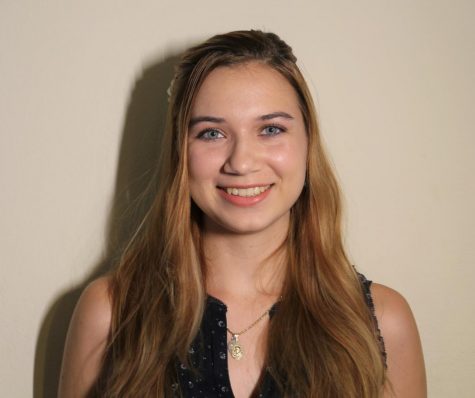Chancellor Oakley Outlines Fall Semester Expectations
California community colleges prepare for another semester online
In a quarterly teleconference hosted for student journalists on Sept. 24, California Community College Chancellor Eloy Ortiz Oakley discussed the impact on recent enrollment numbers and financial deficits as well as the office’s response to the racial upheaval in the state.
As the school year begins, many colleges and universities across the nation have witnessed a sharp decline in enrollment. Chancellor Oakley mentioned that summer sessions in California community colleges saw an increase in enrollment with many students picking up classes they dropped during the spring semester. Nevertheless, the initial enrollment numbers for the fall semester are much lower than average, with a 5 to 7% decline, especially among campuses affected by the historic wildfires. With many colleges having late start courses like eight-week classes, Oakley stated the gap is likely to close as the semester progresses.
Despite the drop in enrollment, Oakley reaffirmed that colleges will be held harmless and their budget and resources will not be affected despite the major fiscal strain.
“Colleges are not going to lose funding because of declining enrollment,” he said. “We do not expect that any full-time faculty would lose their job, but part-time faculty may experience a reduction in load because there may be less classes per faculty member.”
To encourage students to return to college and finish their education, the Chancellor’s office launched the Stay Enrolled media campaign as a way of reaching out to vulnerable populations of students. The campaign’s efforts are focused on making it easier for colleges to offer courses online, to give flexibility in grading, and ensure schools don’t lose any funding due to challenges in enrollment. This particularly influences part-time working adults, many of whom paused their education when the pandemic began.
Although some programs have been difficult to redesign to meet certification requirements, Oakley ensured that colleges will continue to offer the classes that are needed for students to complete their coursework. However, across the state, there have been improvements in the number of students completing Associate Degrees for Transfer and Certificates.
The office is also holding an Undocumented Student Action Week from Oct. 19-23, to assist undocumented students and their families through resources and webinars by panels of leaders. The Athletic Association is also making potential plans to revisit limited contact athletics in Spring like tennis and golf without spectators.
Oakley addressed the racial reckoning happening across the nation and the California community colleges’ strategies to uphold honest dialogue and reflection in our college system. Aside from assessing enforcement training and highlighting clear standards and expectations for police officers, the California Community College program is working directly with the State of California Commission on Peace Officer Standards and Training (POST).
“Every college that provides that kind of instruction establishes a process to look at the training to reform the training to reflect the needs of their community, and to ensure that we’re talking … whether it’s sensitivity training, cultural competency, whatever that might be,” Oakley said. “We are in constant dialogue with POST about how we reform police training in order to deal with the various issues that have come up recently from use of force.”
As of now, no school has the direct discretion to open up, and a series of requirements has to be met and certified before discussions about in-person can even begin. Even then, schools will continue offering online instruction as many campuses lack adequate physical space for social distancing to serve the same number of students as before the pandemic.
Based on information presented by the vice president of the health centers during a recent University of California Board of Regents meeting, Chancellor Oakley suspects the impacts of COVID are likely to last until 2024. Although he doesn’t believe schools will be shut down that long, colleges should plan for physical distancing through that time or until more is known about the long-term effects of the virus.
To aid in the transition, colleges should focus on rethinking the classroom and giving students options so that they feel comfortable online as they would in-person for the future.
“Embrace the situation that we are in, find ways to leverage technology, support our faculty through professional development, and put the health and safety of our students front and center,” he said.
Victoria Bochniak can be reached at: [email protected].


